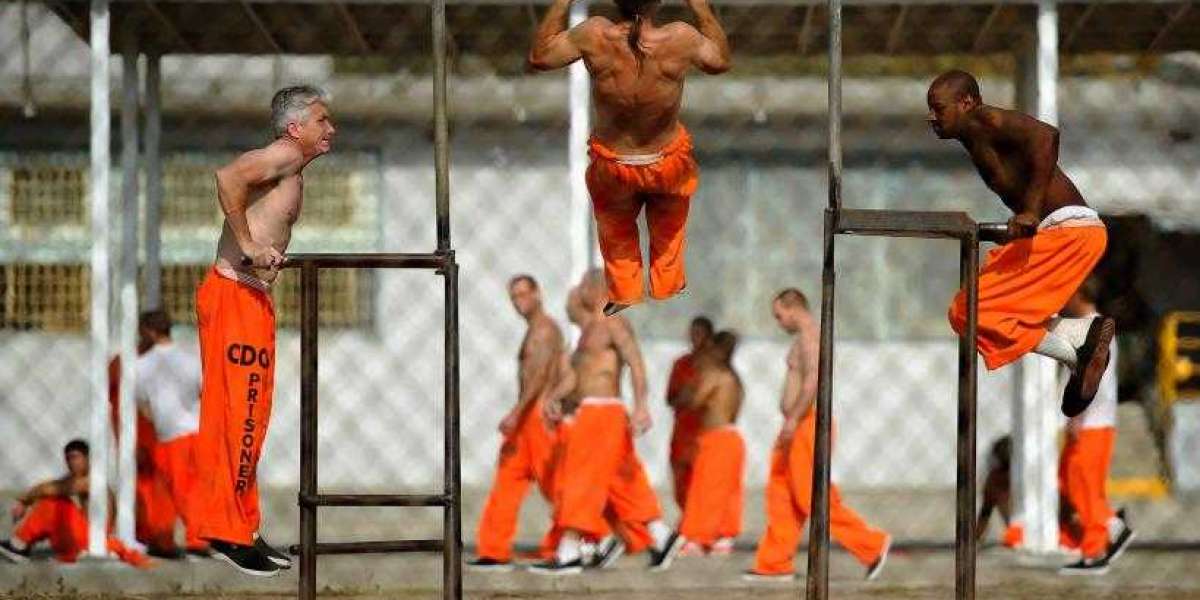This was revealed by prison rights activist Golden Miles Bhudu. The ban was imposed three months ago under level 5 as part of limiting the spread of Covid-19 within the prison population. The outspoken SA Prisoners' Organisation for Human Rights (Sapohr) said offenders were left disappointed when Ramaphosa this week announced a further relaxation of regulations but left out the prison visits ban.
Bhudu said he had written to Ramaphosa and Justice and Correctional Services Minister Ronald Lamola asking them to indicate before June 17 when the ban on prison visits would be lifted, but he had not received a response. “As from Monday (next week), Sapohr will have no other alternative and as a last resort had called for prison disobedience in South African prisons. "This action will include (prisoners) refusing to work, stripping naked, refusing to eat and be counted, mobilising and conscientising the prisoner population to stand up and fight for their rights,” said Bhudu in a press statement.
However, Correctional Services spokesperson Singabakho Nxumalo insisted that visitations would remain suspended as “a measure to buffer heightened risk of infections and flatten the curve”. Bhudu said Cyril Ramaphosa should have considered that the visits were part of much-needed rehabilitation of prisoners. “He does not say anything about prisons and prisoners, and we are of the opinion that he is not being briefed by the Department of Correctional Services about what is really happening there,” he said.
He said prison visits needed to be managed. “Here we have a situation where they have agreed that children may return to school,” he said. He said there could be no Covid-19 infection at Medium A, were awaiting trial prisoners and their visitors were separated by a window. He said even among the sentenced prisoners, there were those who did not get contact visits. “These guys can work out a system, but there is no ministerial advisory committee to the department to manage this thing, and they are doing it all by themselves. “If they have involvement of external stakeholders, we are going to assist them to work this out,” said Bhudu.
He suggested that instead of prisoners having no visitors at all, there should be a system where a limited and manageable number of visitors could be allowed per day. “We can work out a system that this week we are only going to take less than 50 or 100 per week in a prison,” he said. He said deprivation of visitors had a negative effect on prisoners.








